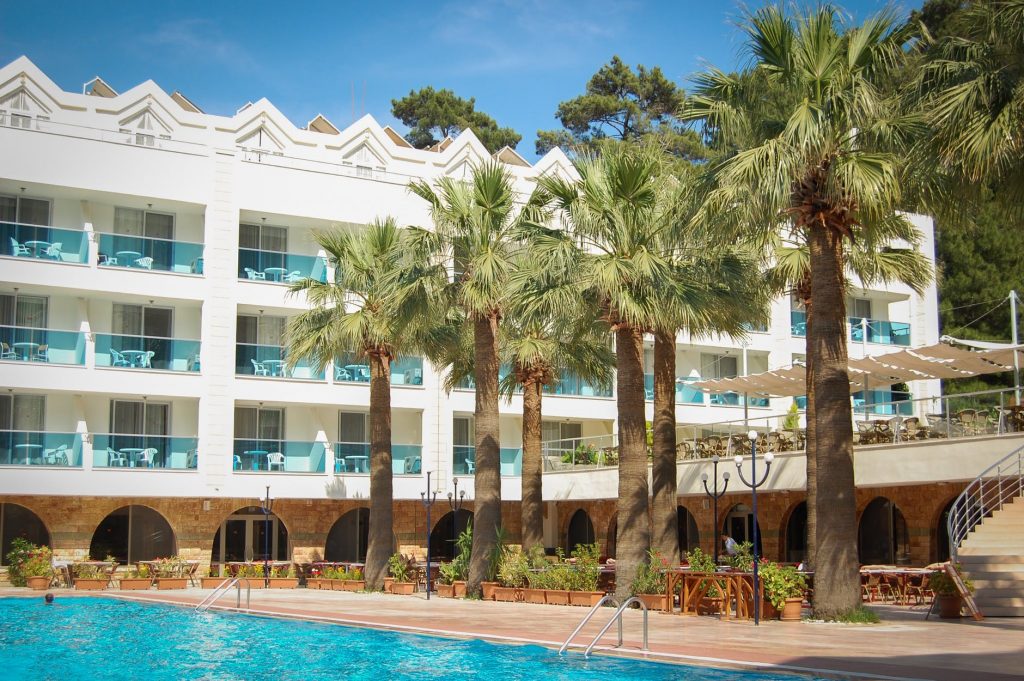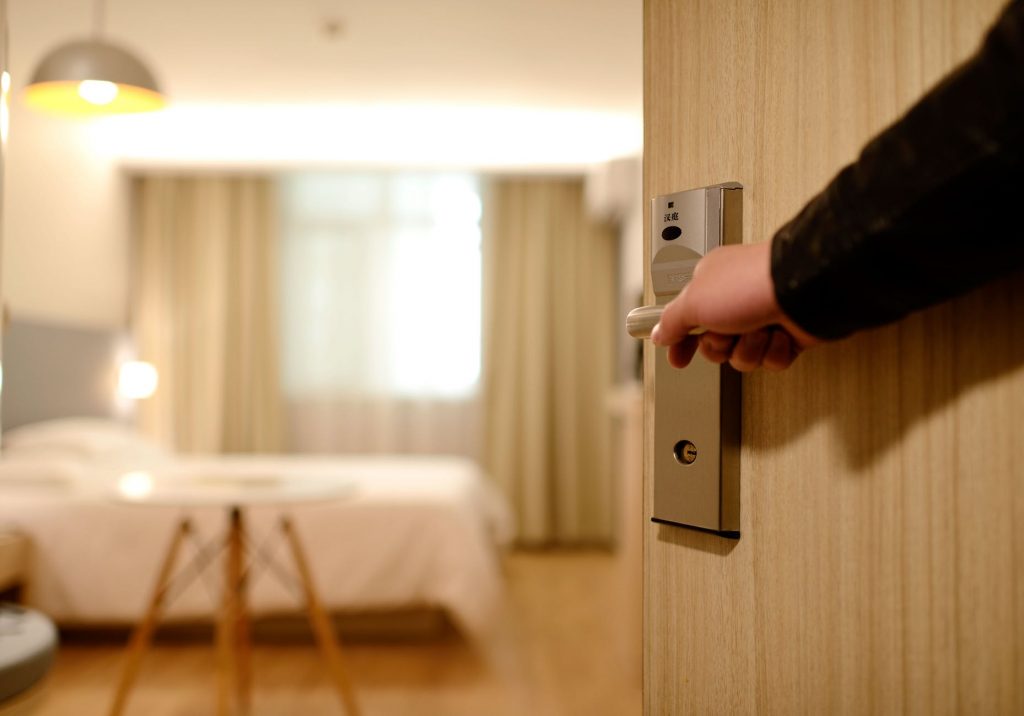Beginning a successful hotel company requires you to run many distinct sorts of market investigations and to make excellent choices in each area. Being in the accommodation business requires you to become an expert in many business areas including customer service, hospitality, interior design, cleaning, and much more. If you plan to have multiple locations and have your own online booking systems and media for guests to use, then building your own websites and using the kafka tool to manage data may be necessary. Additionally, it requires several million bucks and extensive investment. It’s best to consult with a business management consultant before committing to a new hotel business to ensure your strategy and finances set you up for success.
Here are the business analysis and critical questions we suggest that you apply:
What city are you going to set up your hotel in?
The old real estate adage that location is the most important fully applies to the resort and hotel industry. The first choice to make is which city to start your hotel. Some towns have resorts that charge a whole lot more for space than a similar space in a hotel in a different town. As soon as you’ve got a couple cities in your mind, visit the net and search Hotels.com along with other resort room stalls to compare prices. If you use a few chains to make your contrast, your job will be simplified somewhat. The Australian hotel market is quite saturated both with large hotel chains and boutique independent providers. Cracking in the big states may be a difficult venture, so it may be worth starting up in a less populated place such as starting a luxury hotel in Tasmania instead of Victoria or New South Wales.
Which section of this city?
You next must choose where in your preferred city to locate your hotel, will it be in the CBD area or more of an out of town retreat. You need to look at real estate trends and traffic in the area by looking at online property sales websites for the city. Look for home trends in your preferred cities to observe where business district property prices are climbing and where fashionable stores, restaurants, and pubs are going in.

Build or Buy?
Constructing a new hotel provides you a clean beginning, but that comes with a multitude of problems and planning. Zoning compliance, building codes, construction contract negotiations, construction funding, which differs in the finances of a completed property, and building oversight are just a few of the prospective hassle areas when constructing a resort from scratch. Because of this, hotel business hopefuls are better off acquiring an established property to avoid the headaches associated with constructing one. Buying the perfect property may not be easy either and looking at private real estate listings will definitely help as many special properties like hotels are not publicaly listed.
Independent hotel or chain?
The failure rate of independent hotel businesses is greater than the closure rate for chains. This means that creditors are likely to less inclined to fund your purchase of an independent hotel due to instability and vulnerability. Because of this, someone starting out in the resort company is usually likely to be more inclined to be successful by obtaining a chain hotel. By becoming a franchisee of a chain, you have the support and business structure of an established business, as well as the brand reputation and trust of existing and past customers. They will already have systems such as established booking systems, hr systems, marketing and advertising stratgies, all set up so you will spend less time creating new systems and requiring marketing strategy consultants.
Which chain hotel should you purchase?
Generally, new owners must avoid should avoid low-end budget options, which normally operate with reduced profit margins. Keep a look out for and avoid properties and chains that are out-dated and decreasing in popularity. These are often poorly managed and run down resulting in fewer customers and decreased image. They may not have up to date records or IT systems such as Operatr set up. Even if the hotel has been recently renovated and re-modeled, there are still risks and damage did that cannot be revived.
What size?
Hotels are costly. Starting price for a current property in decent shape at an adequate place is a few million bucks in most major cities of any size. Consequently, you’re most likely searching for a bigger property, but one with 100 rooms or less. Since once the room count goes lower than 50, specific sorts of overhead, often diminish at a reduced rate. This makes little hotels difficult to operate profitably. A hotel owner starting out should aim for one that is between 50 and 100 rooms.

Staffing:
The success or collapse of a hotel depends hugely on its staff. For many places, do thorough background checks and conduct interviews which answer the question: Can it be somebody who’s not just capable and experienced but with a positive prognosis and maybe somebody that the guests want and revel in speaking to? Individuals who are passionate and motivated with great communication and customer skills are desired.
Last tips:
It is possible to begin in the resort business by purchasing into a franchise that is well-known. This could be less costly than starting from scratch, but may nevertheless need annual franchise fees. The hotel sector attracts many employment seekers looking for low-skilled jobs. When hiring employees, make sure that all workers hold proper work permits. Success comes from the ability to motivate staff and establish as a niche provider such as a boutique hotel in Tasmania with a competitive edge, instead of just another generic hotel in busy Melbourne.
Caution:
Hotel business owners might not find any return on their monetary investment for many years or through bad savings. It really is a long-term business and be prepared for a lot of hard work and dedication. Have promotional plans set up to create foot traffic early on, and put money aside for backup in the early years.


